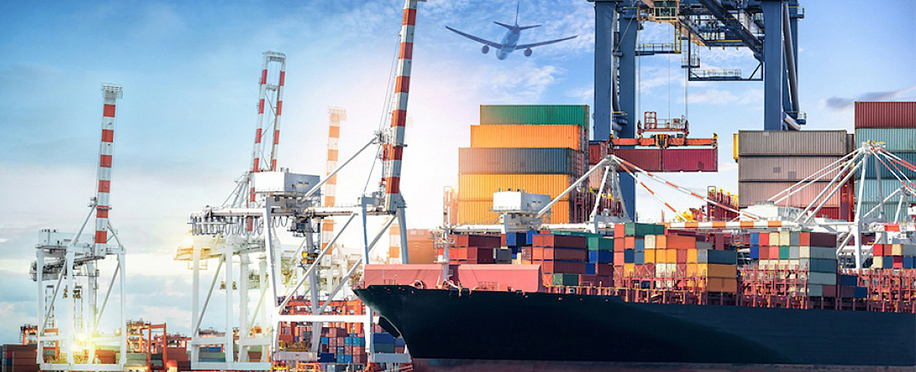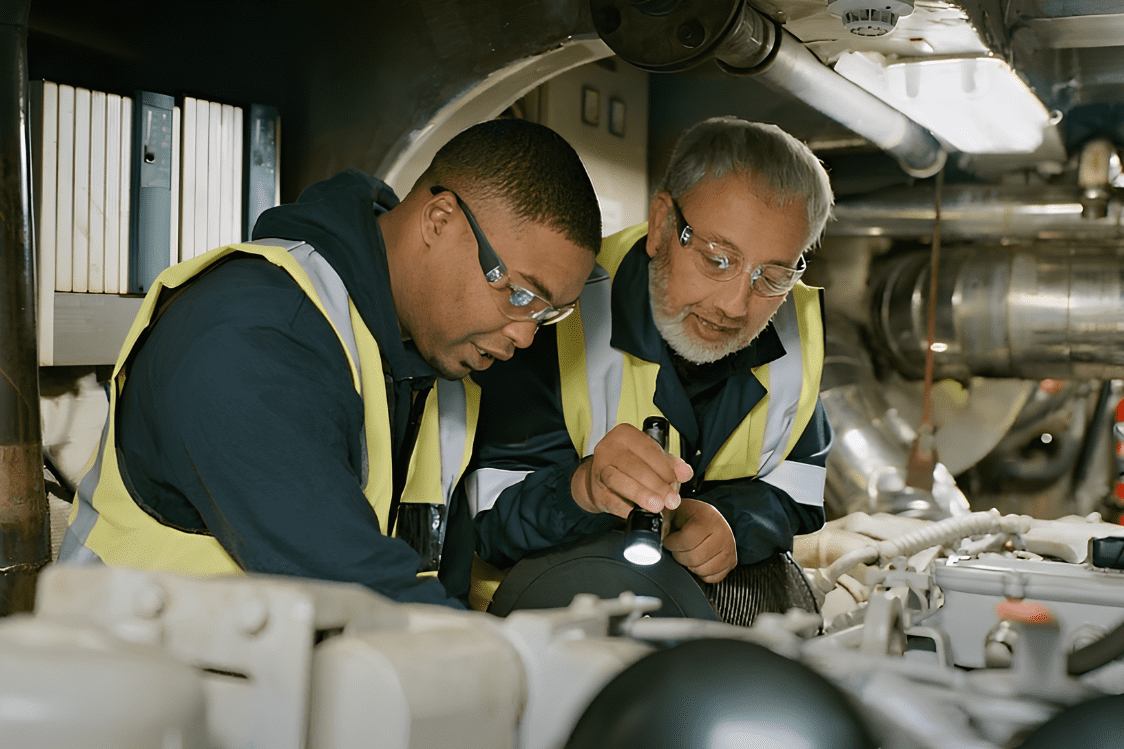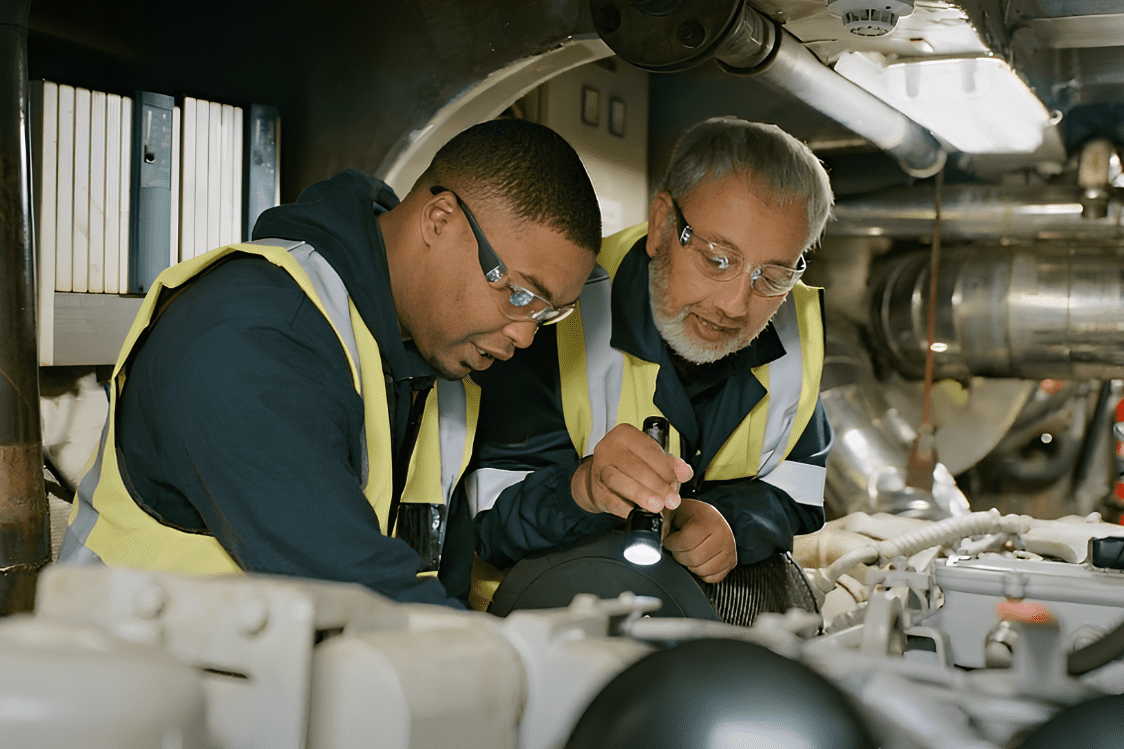The Significant Increase of Autonomous Ships in the Marine Industry

Posted on Aug 06, 2023 at 10:08 PM
With the advent of self-driving ships in recent years, the maritime industry has seen a dramatic revolution. These vessels, often known as crewless or unmanned ships, are outfitted with cutting-edge technologies that allow them to function autonomously.
This article examines the evolution of self-driving ships, the primary technologies driving this revolution, and the benefits, obstacles, and prospective influence on the marine industry.
The Advancement of Self-Driving Ships
Self-driving ships are not new; tests with remotely operated warships stretch back several decades. Significant technological advances, particularly in artificial intelligence and navigation systems, have expedited the development of entirely autonomous ships.
Major firms and international organisations heavily invest in this innovative effort, from small-scale experiments to a global movement.
Key Technologies Enabling Self-Driving Ships
At the heart of autonomous ships lies a seamless integration of cutting-edge technologies. Artificial intelligence and machine learning algorithms play a significant role in decision-making processes, enabling ships to navigate complex marine situations with high autonomy.
Remote monitoring and control systems allow operators to observe and operate multiple ships from onshore sites, enhancing operational efficiency and safety. Sensor technologies, particularly LiDAR applications, provide real-time data on the ship's surroundings, ensuring precise navigation even in challenging conditions.
Advantages of Autonomous Ships
The introduction of autonomous ships brings forth several benefits that have the potential to revolutionise the maritime sector. Foremost among these advantages is a substantial increase in safety. Reducing reliance on human operators minimises the risk of human errors and accidents, ensuring safer voyages for crew and cargo.
Additionally, autonomous ships can operate more efficiently, optimising routes and reducing fuel consumption, leading to significant cost savings for shipping companies. Moreover, these vessels often integrate eco-friendly technology, reducing greenhouse gas emissions and contributing to sustainability efforts.
Challenges and Concerns
Despite the promise of autonomous ships, various challenges must be addressed for their widespread adoption. Establishing a comprehensive regulatory framework is crucial to define the responsibilities and liabilities of autonomous vessels. Ensuring robust cybersecurity is paramount, considering the heavy reliance on networked systems and data transmission. Furthermore, gaining public acceptance and trust in the safety of crewless ships remains a significant obstacle that the industry must overcome.
Case Studies and Current Implementations
The development of self-driving ships has progressed considerably, with both commercial and military applications gaining momentum. Numerous companies have conducted experiments with unmanned cargo boats, demonstrating the viability and advantages of autonomous shipping in the retail sector.
Additionally, naval forces worldwide are exploring the use of autonomous naval ships for strategic operations, highlighting the increasing relevance of crewless vessels in defence and Maritime security.
The Impact of Self-Driving Ships on the Maritime Industry

The emergence of self-driving ships is expected to change the maritime sector and supply chain management substantially. Traditional shipping practices will transform as more autonomous ships are deployed, streamlining operations and reducing costs.
Autonomous ships have the potential to revolutionise freight transportation and logistics, becoming vital players in global trade and commerce.
The Future of Maritime Transportation
As technology continues to evolve, the future of maritime transportation is undoubtedly headed towards autonomous ships. With ongoing advancements in artificial intelligence and sensor technology, the efficiency and safety of crewless vessels will further improve over time.
Shipping companies embracing this transformative trend will likely gain a competitive edge in the industry, benefiting from reduced operational costs and enhanced sustainability.
The Global Adoption of Self-Driving Ships
The growing global deployment of self-driving ships indicates substantial advances in marine technology. Nations worldwide are beginning to see the potential benefits of crewless vessels in terms of safety and efficiency and in lowering the industry's environmental effects. Accepting this new era of autonomous shipping allows countries to set the standard for sustainable and creative marine practices, determining the industry's future globally.
With the global adoption of self-driving ships on the horizon, professionals who have undergone Marine Engineering training courses will be well-positioned to lead and contribute to the industry's future. Their expertise will enable them to address regulatory concerns, ensure robust cybersecurity measures, and foster public acceptance of crewless vessels.
As the demand for skilled marine engineers grows, these professionals will be at the forefront of revolutionising the maritime sector and shaping the future of global trade and commerce.
Conclusion
Autonomous ships are a disruptive force in the maritime sector, potentially altering global commerce and navigation. The advancement of self-driving ships, fueled by advances in artificial intelligence, navigation systems, and sensor technologies, has numerous benefits, including better safety, improved efficiency, and reduced environmental impact.
However, to fully realise the promise of autonomous ships, the industry must address regulatory, cybersecurity, and public acceptance issues. Accepting these changes will lead us to a more secure and sustainable future in maritime transportation.



